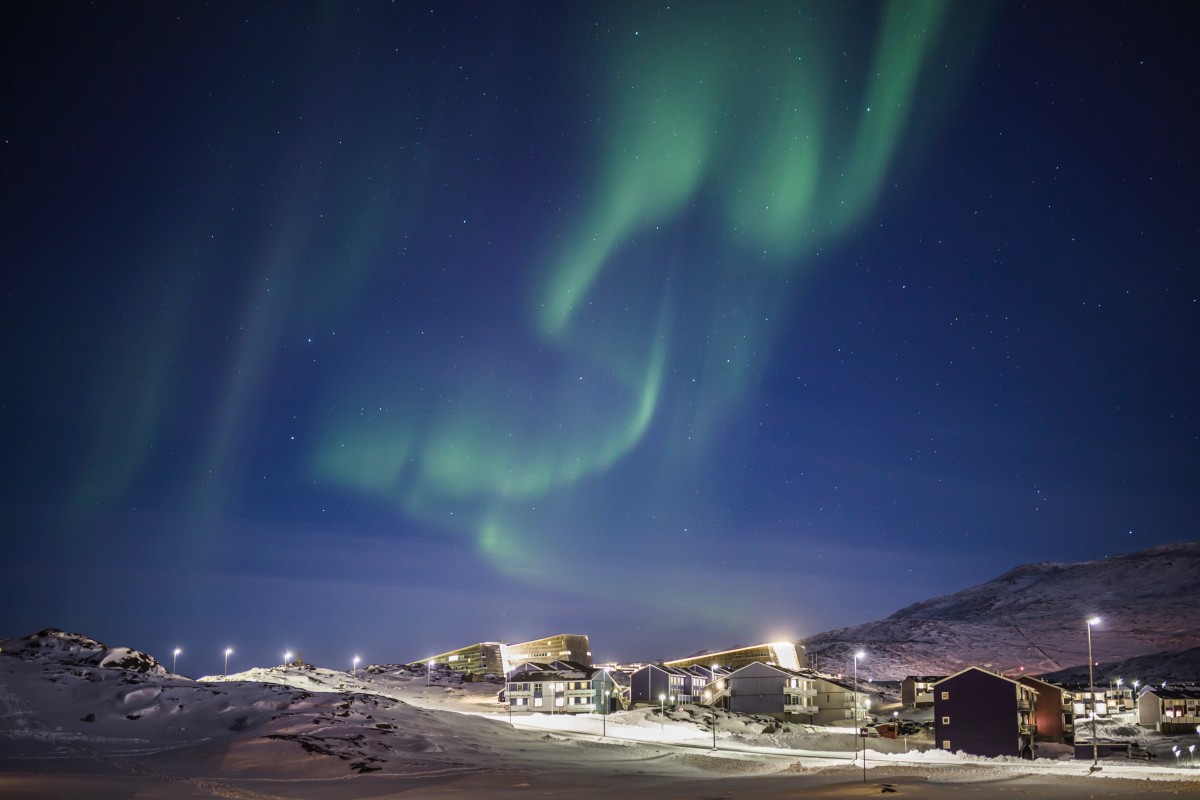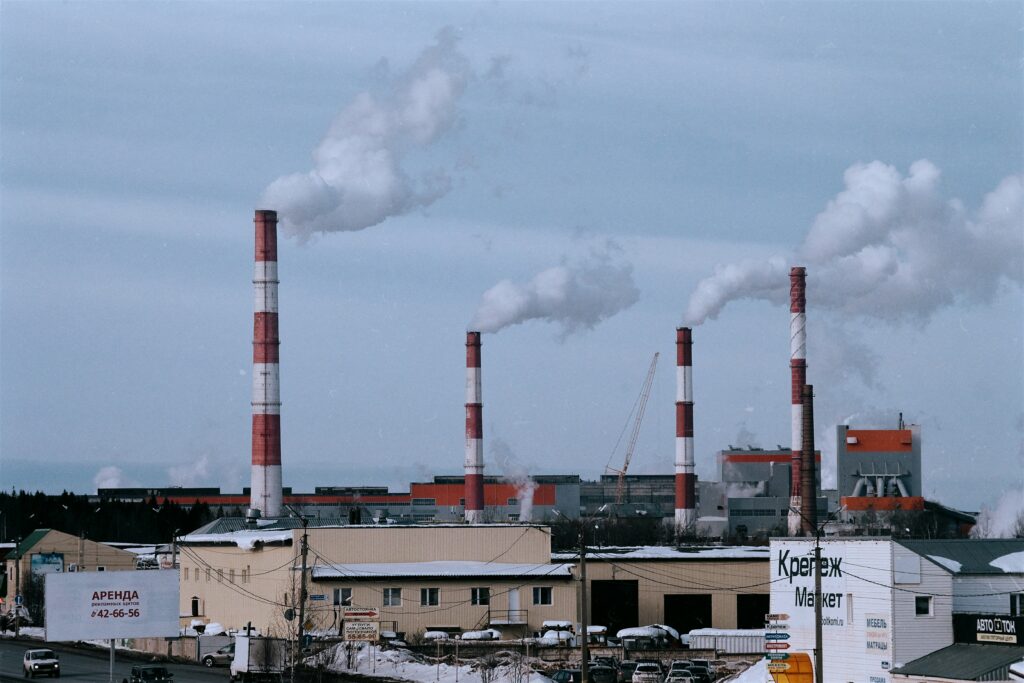Major melting events in one of the world’s most northerly nations are causing huge concern for scientists, with Greenland losing 166 gigatons of ice from September last year – a record.
The Greenland ice sheet has lost more than it has gained for 25 years straight, but 2021 was a particularly bad year, particularly as for the first time in its history the summit saw rainfall.
Now scientists at the Lamont-Doherty Earth Observatory at Columbia University have raised their concerns.
“The long-term past two decades have shown us the incredible wrongness in calling ‘glacial pace’ something slow,” said Marco Tedesco, a research professor at Columbia University.
“When we see instability like this, this switch from a lot of accumulation to a lot of melting to a lot of accumulation to a lot of melting, it’s really a signal of the system that is looking for a way to be stable again.
“The message of instability that Greenland is sending is terrible.”
A report in the Washington Post reveals that the world’s largest island saw extreme weather swings, with intense melting accompanied by unusual snow levels. And while snowfall levels were to be as expected, ice loss, from iceberg calving and ocean melt was the highest since records began in 1986.
Tedesco goes on to suggest that while global warming may actually help more snow fall on Greenland, due to an increased amount of moisture in the air, higher global temperatures will inevitably lead to more surface melting and melting from the warmer seas.
“You have an accumulation that is helping to mute the melting and help the mass of Greenland to gain a little,” said Tedesco. “But at the same time, it’s something that we think is very connected to what is going to happen as part of global warming.”




